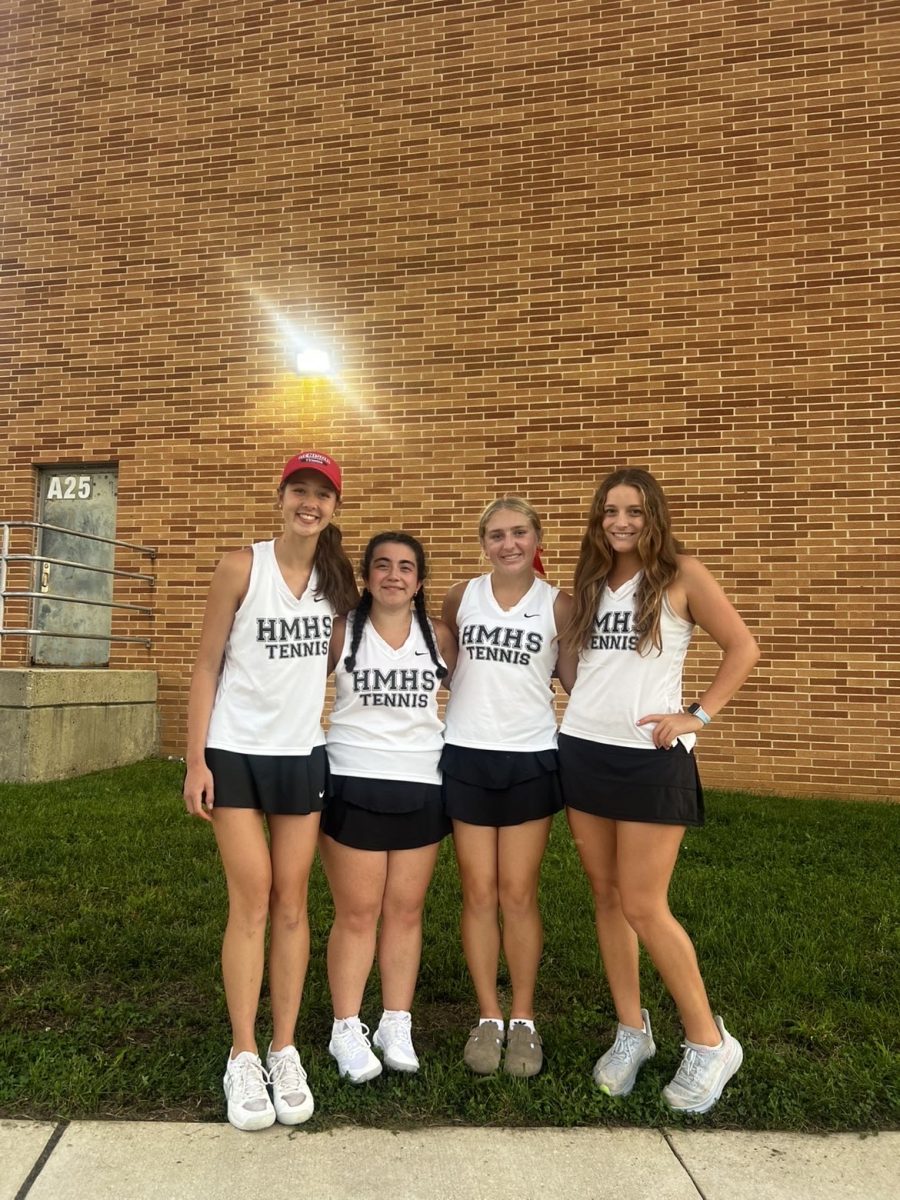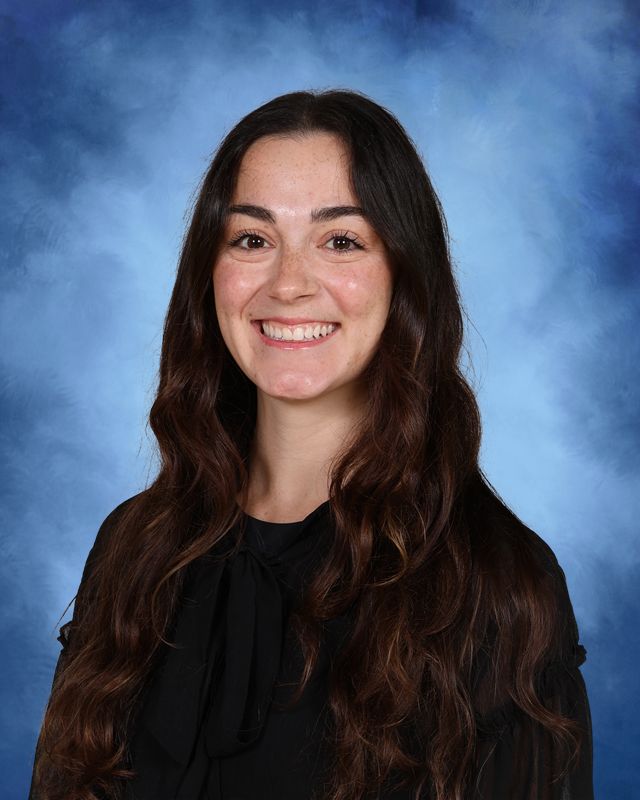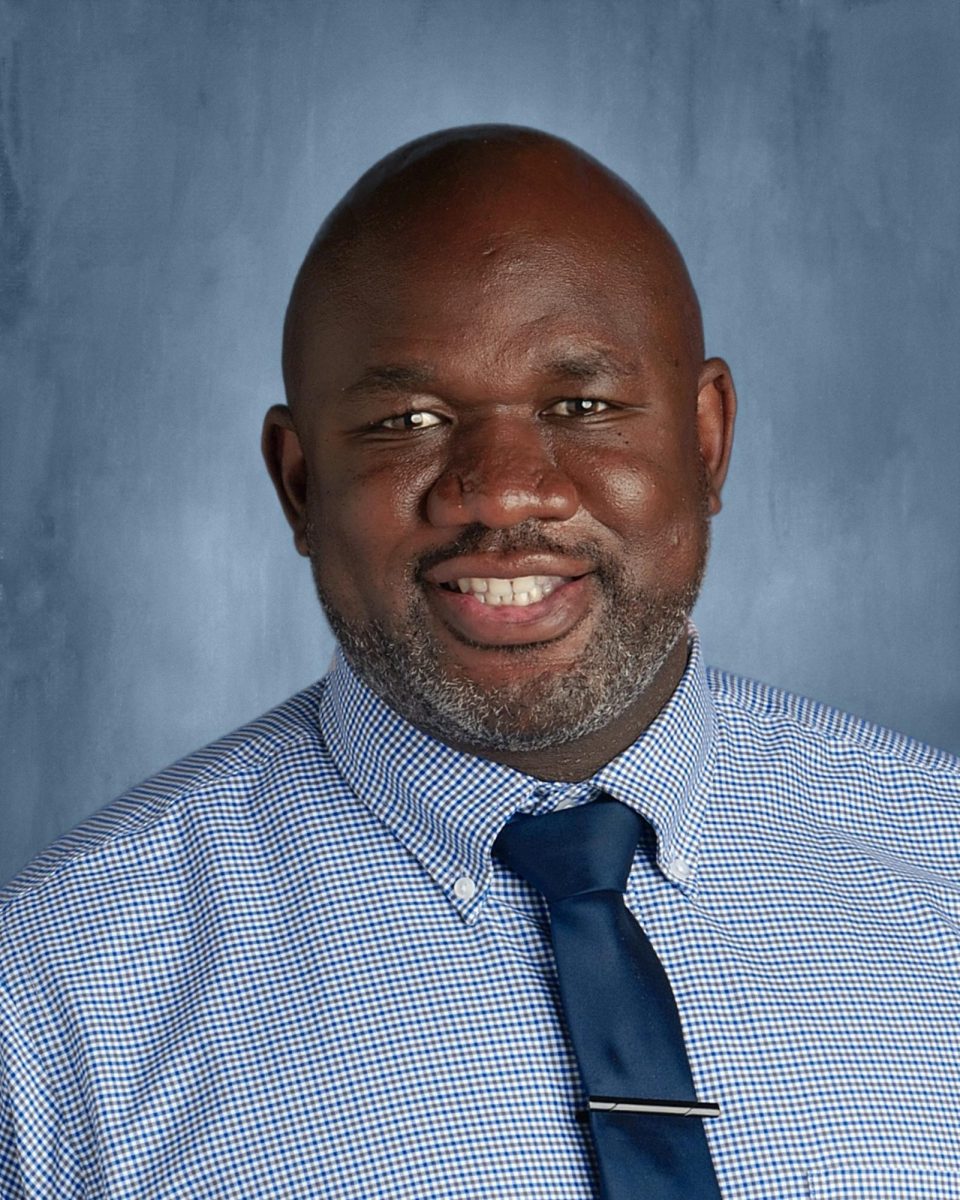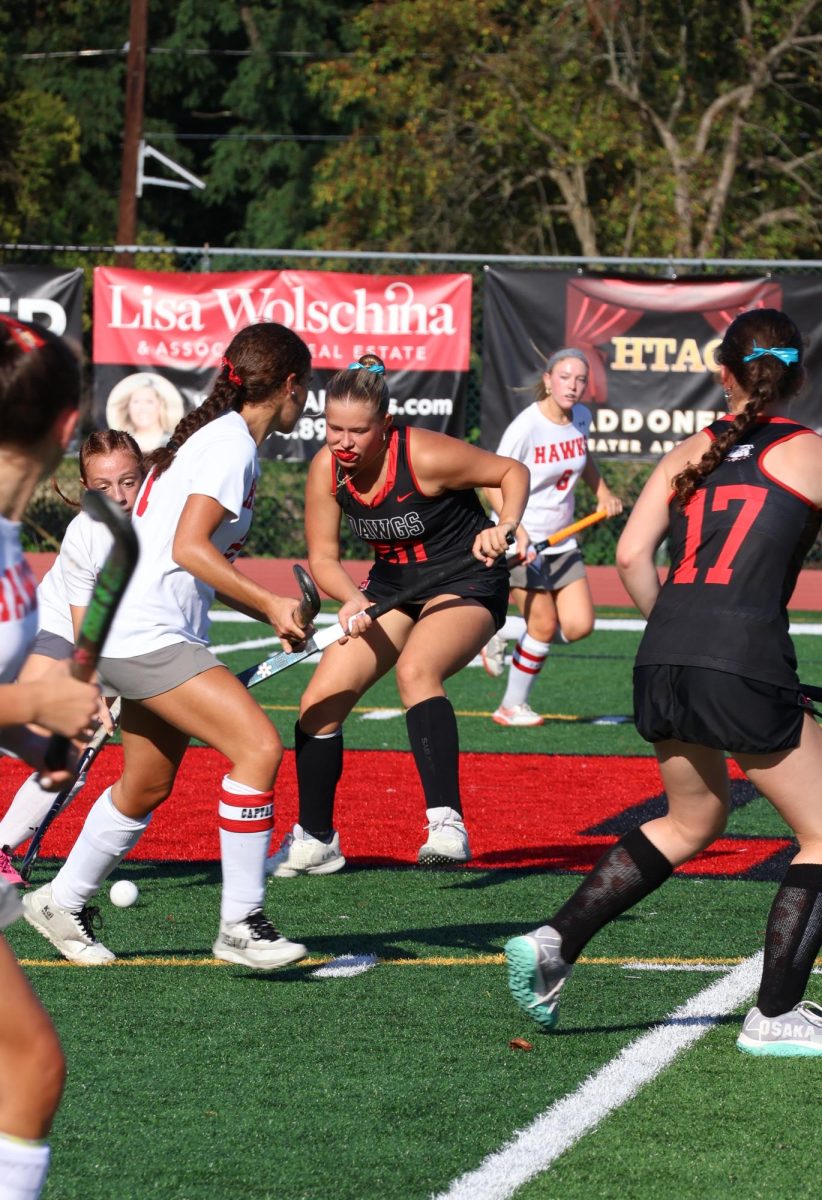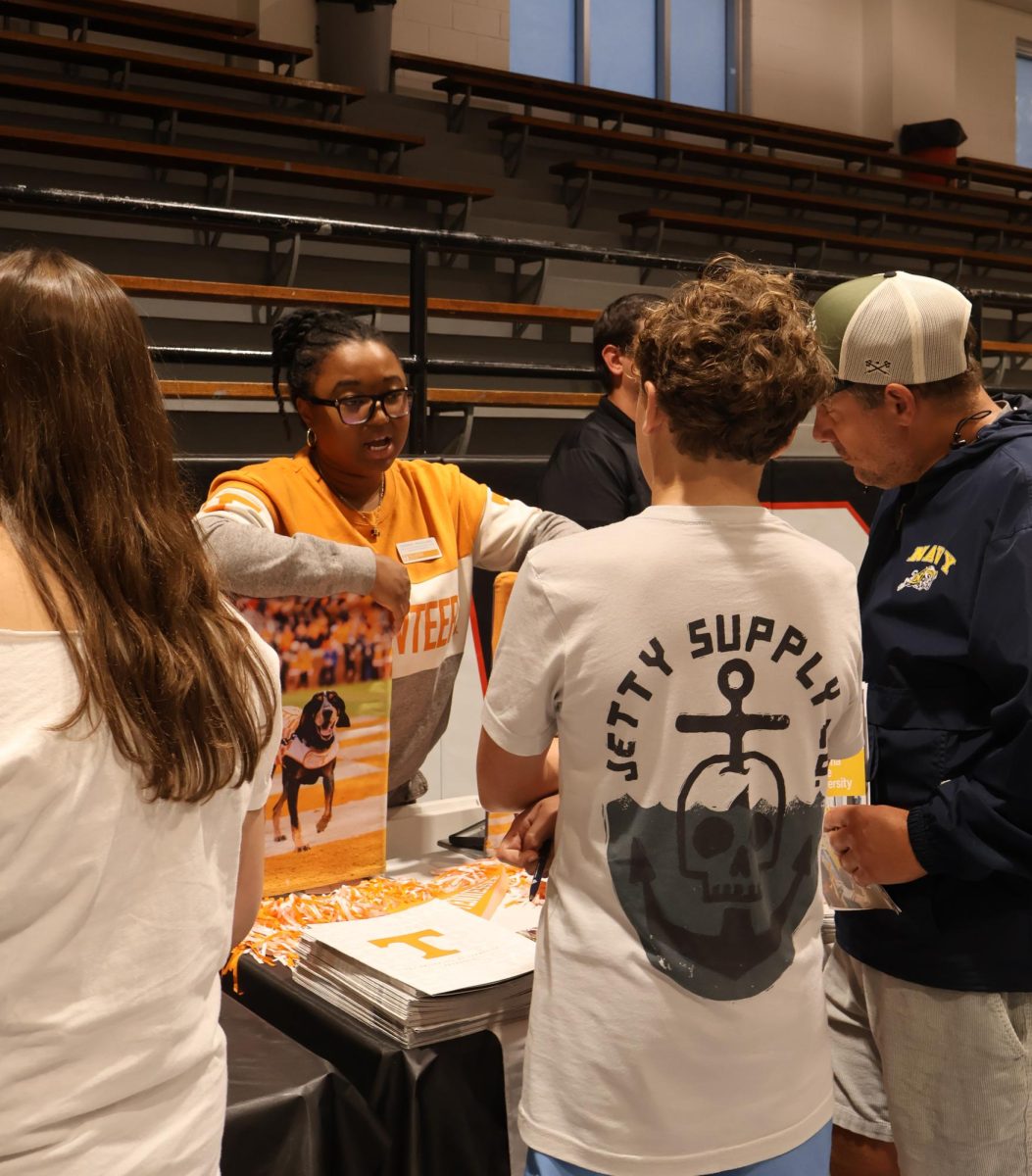The Shakespeare Troupe Hath Killed the Competition
November 21, 2022
The HMHS Shakespeare Troupe held its preliminary competition on November 15th, honoring the author with recitations of his famous sonnets and monologues. Each student had been practicing their piece for the past month and a half, and wowed the crowd with the range of their intense emotional deliveries or comedic performances that thoroughly entertained the audience (and the judges!)
Each participant was instructed to recite a monologue from one of Shakespeare’s plays, followed by one of his many standalone sonnets. “The most important thing when practicing,” said Ryka Khanna, a sophomore participant in the competition, “is not to simply read it over again, but to do some research on the actual piece and learn the character’s intent, desires, and the overall context of the piece.” The monologues came from notable works such as Othello, The Tempest, Romeo and Juliet, All’s Well That Ends Well, As You Like It, and others. Even from the short stanzas recited, the Shakespeare troupe was able to explore different stories and themes from Shakespeare’s works, whether they be his most famous dramas or his lesser known creations worthy of a huge round of applause, even today.
After the adjudicated presentations were complete, the judges (Mr. Holman, Ms. Vermaat, and Ms. Smart) left the room to deliberate. It was then that the floor opened to cold readings from Ms. Hughes’, the club director’s, selection of Shakespeare monologues, where even audience members were welcomed to join in the fun. These expanded into even more plays, including ones that had not been part of the judged entries. A short while later, the judges came back with their decision.
For the first time in the nine years of the troupe, honorable mentions were added to the roster of awards. These were gifted to Paige Fitzpatrick and Ella Foley, both freshmen, with the former reading Parolles’ monologue from All’s Well That Ends Well and Sonnet 104, and the latter reading Edmund’s monologue from King Lear and Sonnet 18.
Next came the numerical placements. Third place was given to freshman Max Devaney; second place was awarded to junior Ryan Cataldo; and finally, first place was given to senior Sophie Levine. “I am very thankful to have the opportunity to move on to the next part of the competition,” remarked Cataldo, “and [I] look forward to refining the pieces I’m doing even more!” First and second place will move on to the competition in Princeton, which will be held in February, with the third place winner standing in as the alternate.



